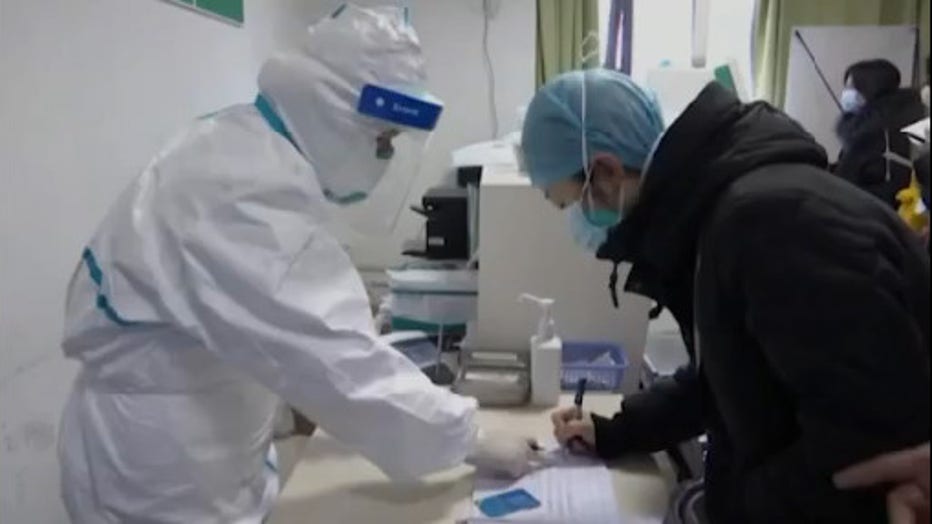Doctor says don't panic, but self-quarantine in wake of coronavirus in Michigan
FOX 2 - The coronavirus has been found in Michigan and both patients -one from Oakland and one from Wayne County, are hospitalized.
Joining FOX 2 on the phone is Dr. Anurag Shrivastava from Montefiore Medical Center in the Bronx, with more on what we need to know.

Doctor breaks down need to know for coronavirus
The coronavirus has been found in Michigan, what we need to know.
FOX 2: "What should our viewers do?"
Dr. Shrivastava “This is obviously a very dramatic time for all of us and in New York state we're in a state of emergency and have cases really all throughout New York City, I am in the Bronx and we have cases in West Chester and beyond. The thing we really need to concentrate on is not to create a panic, and to self-regulate and self-quarantine.
"If you have symptoms and many of these are fairly non-descript, meaning they can mimic a lot of other diseases, but if you don't feel well, you have a fever, sore throat, runny nose, and the general cold symptoms, it is a great time to say 'Let me not go to the grocery store' and stay home and self-quarantine and limit the spread as much as we can."
FOX 2: "We right now have confirmed two cases and potentially there are more. What can we expect in the coming days?”
Dr. Shrivastava: "Because this takes a little more time for it to manifest, meaning it doesn't have symptoms right when you get infected - and most people are fairly well when they are infected. The spread is fairly easy in that regard. It is spread by respiratory droplets is what the current belief is. You have to be around somebody who is infected and they have to cough, and that has to infect you directly is what is thought. Surfaces have to be cleaned and hand washing and the rest.
"It is likely more cases and it is important to stay tuned and keep track of the most current recommendations."
| MORE:
Gov. Gretchen Whitmer declares state of emergency in Michigan for coronavirus
Michigan confirms first two positive tests for coronavirus/COVID-19
FOX 2: "Doctor, it is important to tell people and this is not Ebola and that getting this virus is not a death sentence. Eighty percent of the people who contract this virus do recover."
Dr. Shrivastava: "This is absolutely true. And it is obviously very scary to hear the cases and most people do just fine. Just like you said, 80 percent of people will come out of this and recover fully. It is really the elderly and the ill and chronically ill or immunocompromised that are the highest risk. Our goal of self-quarantining and making sure we are not spreading the disease unnecessarily, is really meant to protect those most vulnerable people.
"For the most part healthy adults are in pretty good shape and hopefully we'll get through this without major issue."


